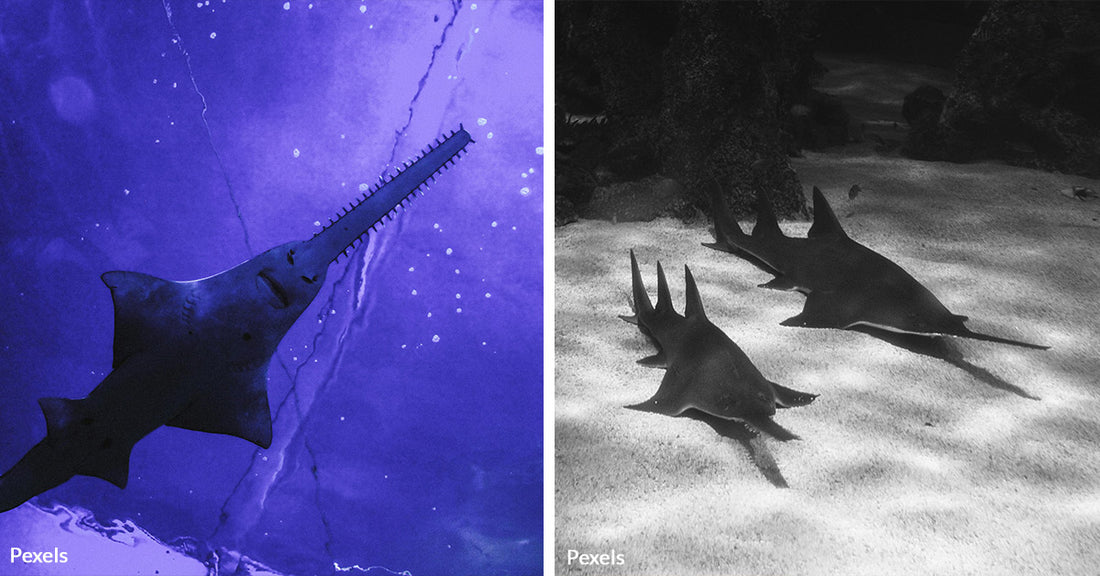Endangered Sawfish in Florida's Waters Spin into a Deadly Mystery
Matthew Russell
In a concerning development off the coast of Florida, endangered smalltooth sawfish are engaging in inexplicable behaviors leading to their deaths.
These creatures, notable for their distinctive elongated snouts lined with teeth, are spinning and whirling onto the shores, particularly in the Lower Florida Keys, in alarming numbers, reports the New York Post.
 Photo: Pexels
Photo: PexelsEndangered sawfish are dying in Florida by spinning onto beaches.
The phenomenon, first observed in January, has resulted in at least 28 confirmed fatalities out of 109 affected sawfish. This unusual mortality event has puzzled scientists and prompted an emergency response from various agencies, including the National Oceanic and Atmospheric Administration (NOAA).
The situation is dire, given the sawfish's critically endangered status and the limited knowledge about their population and behaviors.
 Photo: Pexels
Photo: PexelsSawfish are known for their distinctive saw-like snouts.
Emergency Actions Underway
The urgency of the situation has led NOAA and its partners to initiate a rescue and rehabilitation effort for the affected sawfish. This marks the first attempt in the country to rescue this species from the wild.
Adam Brame, NOAA Fisheries' sawfish recovery coordinator, emphasized the significance of this effort.
"It’s important to note that active rescue and rehabilitation are not always effective in saving stranded animals," Brame said in a statement. However, it can still give us critical information to learn about the nature of the distress."
Partners such as the Florida Fish and Wildlife Conservation Commission, Mote Marine Laboratory, and Ripley’s Aquariums are collaborating in this initiative.
 Photo: Pexels
Photo: PexelsClimate change-related heat waves might be a contributing factor.
Searching for Causes
The cause of this abnormal behavior remains a mystery. As NBC News reports, initial investigations have ruled out common culprits such as pathogens, bacterial infections, low oxygen levels, and water contaminants.
Even the effects of a lengthy summer heat wave, which has been linked to other marine life issues like coral bleaching, have been considered but not confirmed as the cause.
The complexity of marine ecosystems makes identifying a single cause challenging, akin to "trying to find a needle in a haystack," as described by some experts.
The sawfish's plight is not an isolated incident. Reports indicate that approximately 40 different fish species have exhibited similar erratic behaviors, pointing to a larger issue affecting Florida's marine environment, NBC News reports.
 Photo: Pexels
Photo: PexelsMultiple species of fish in Florida are exhibiting unusual behavior.
Community Involvement and Future Directions
The public's role in reporting unusual marine behavior is crucial for the ongoing investigation and the broader effort to conserve marine life. Community science platforms offer a way for citizens to contribute valuable observations that can aid in understanding and mitigating such events.
As research continues, the aim is not only to solve the immediate mystery of the sawfish's deaths but also to gain insights that can inform future conservation efforts. The balance of marine ecosystems is delicate, and understanding the factors that disrupt this balance is key to ensuring the survival of endangered species like the smalltooth sawfish.

